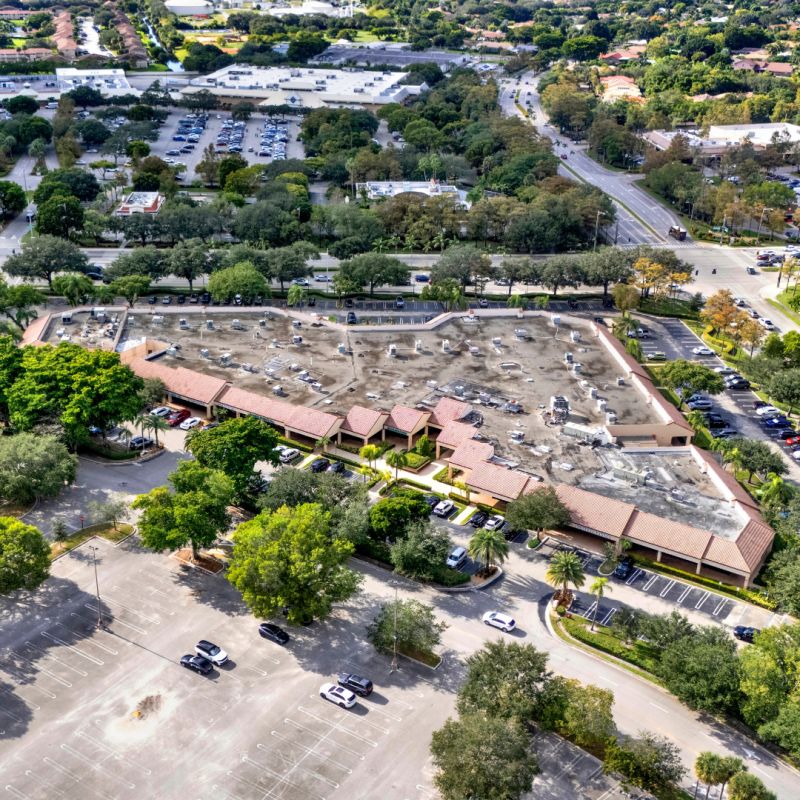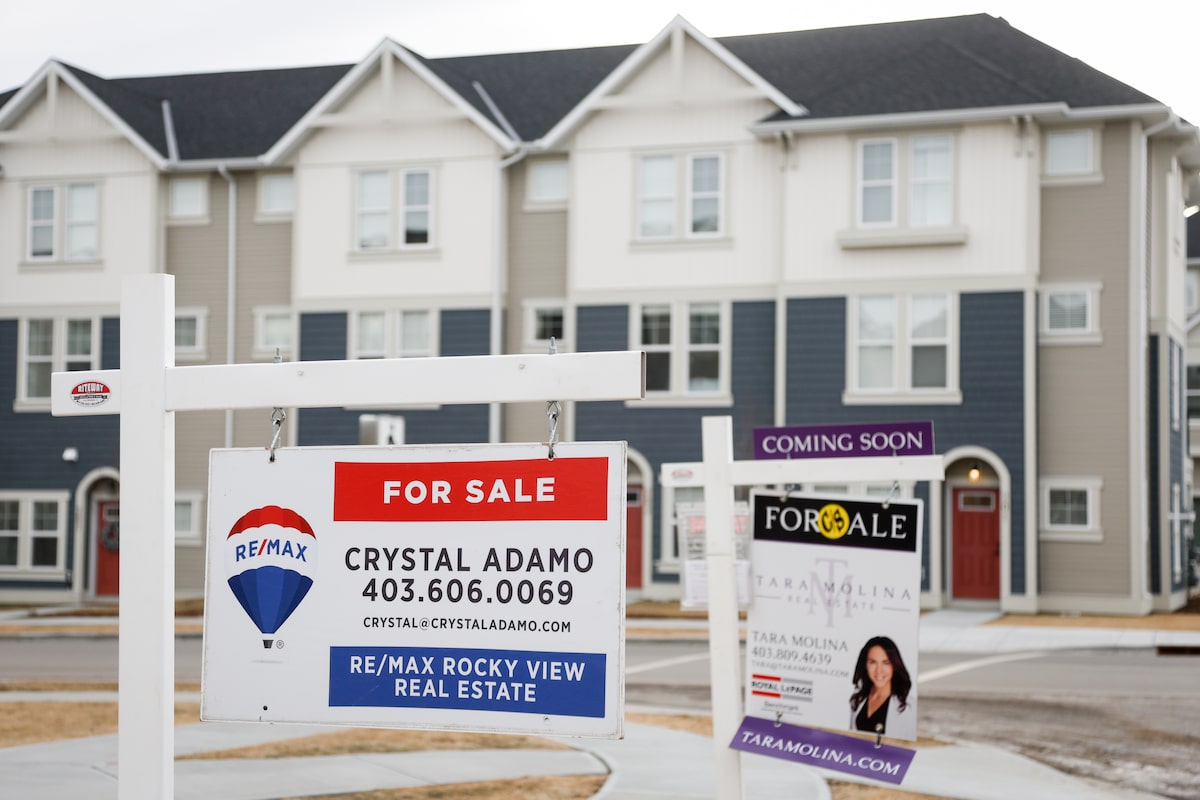T
he rapid advancement of technology in the real estate industry has brought about both opportunities and challenges. Artificial intelligence, in particular, is being touted as a game-changer, but it also raises important questions about fairness and bias.
As professionals committed to protecting homeownership, equity, and opportunity for all, we must consider whether AI is helping us eliminate bias or reinforcing it in ways that are not immediately apparent. This is not just a technical issue, but a fair housing issue that will determine the future of our industry.
AI has the potential to reduce human error and increase consistency, making it a valuable tool for real estate professionals. Automated prequalifications can speed up the path to homeownership, while AI-led routing tools can ensure quick responses to all clients, regardless of their schedule or zip code. Smart listing platforms can recommend properties based on preferences and behavior, without human bias.
However, AI systems are only as fair as the data they're trained on, and in real estate, that data often reflects decades of redlining, discrimination, and unequal access to credit and opportunity. Automated valuation models (AVMs) have been shown to undervalue homes in majority Black and Latino neighborhoods, not because the algorithm is biased, but because it's learning from historical data.
As Realtors, we have a duty to more than just innovation – we must also ensure that our use of AI is ethical and equitable. We need to understand how these tools work, question their assumptions, and advocate for transparency from the companies creating them. This includes asking vendors about their algorithm training data, testing methods, and processes for flagging and correcting bias.
There are already bright spots in this area, with companies like Fannie Mae developing alternative credit scoring models that factor in rent payments and utility bills. Some MLSs are using AI to flag potentially discriminatory language in listings, while HUD is piloting algorithmic audits to catch digital redlining. As an industry, we need more of this kind of innovation.
Ultimately, our goal should be to use technology to level the playing field and promote fairness in real estate, rather than codifying existing inequities into digital systems. By working together and advocating for transparency and accountability, we can create a future where AI serves everyone equally.














